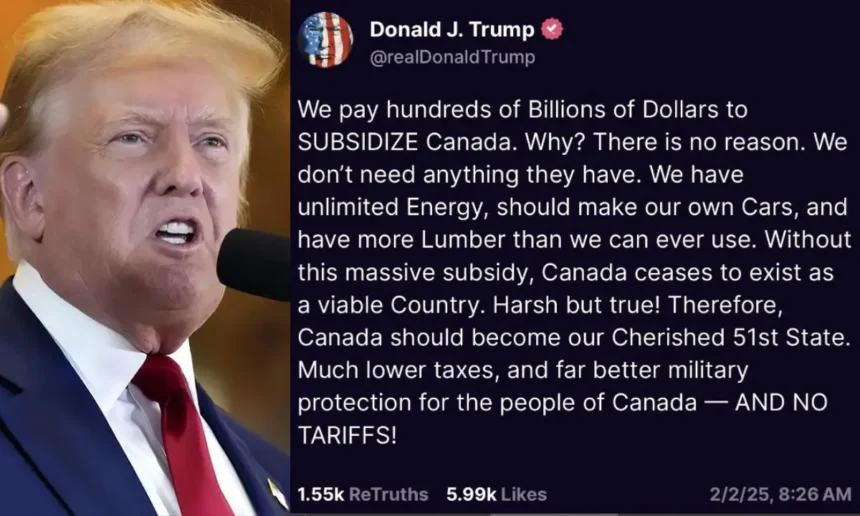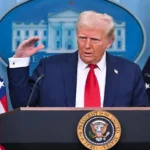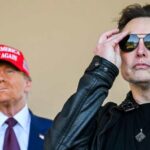Former U.S. President Donald Trump has once again stirred controversy by calling for Canada to become the 51st U.S. state.
In a recent post on his Truth Social platform, Trump argued that the U.S. pays “hundreds of billions of dollars” to subsidize Canada.
He claimed that without this financial support, Canada “ceases to exist as a viable country.”
His solution? Absorb Canada into the United States. He promised lower taxes, better military protection, and the elimination of trade tariffs if Canada joined the U.S.
Trade War Fuels Trump’s Bold Proposal
Trump’s statement comes amid rising tensions over trade. His administration recently imposed a 25% tariff on Canadian imports, sparking backlash from Canadian Prime Minister Justin Trudeau.
In response, Canada announced its own tariffs on U.S. goods, further escalating the trade dispute.
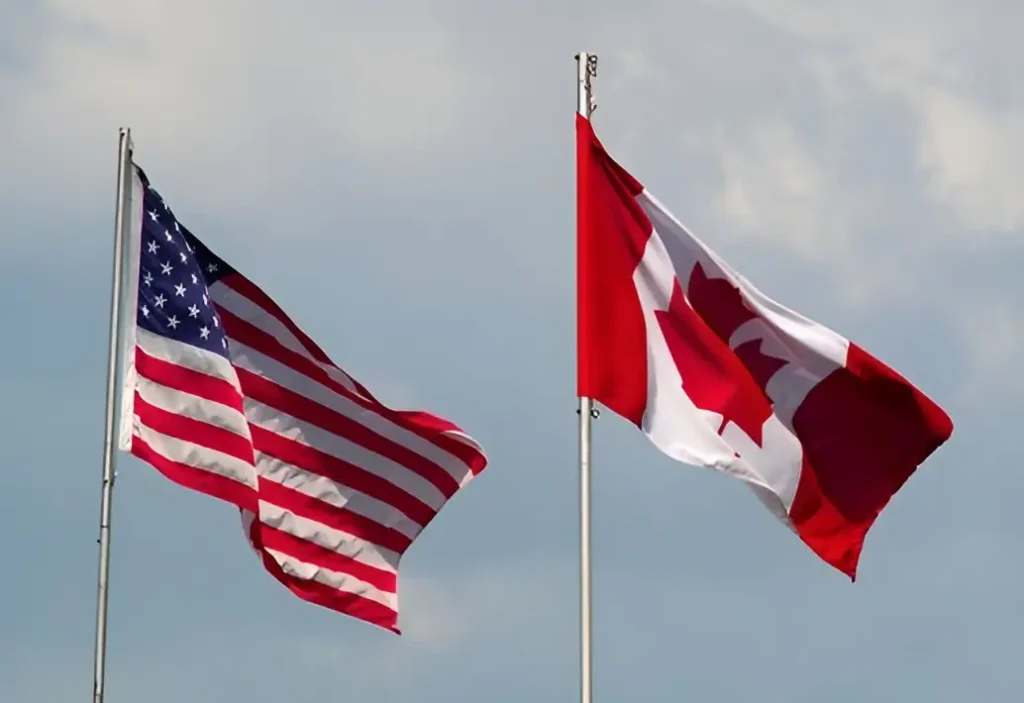
Trump’s argument for merging the two countries hinges on economic power. He insists that the U.S. doesn’t need Canadian resources and should stop what he calls a “massive subsidy.” But is his claim even accurate?
Does the U.S. Really Subsidize Canada?
Trump’s claim that the U.S. subsidizes Canada is misleading. While the two nations share a deep economic partnership, their trade relationship is balanced.
- Trade Deficit vs. Subsidy: The U.S. runs a trade deficit with Canada, meaning it imports more than it exports. However, this doesn’t mean Canada receives direct financial aid from the U.S.
- Interconnected Economies: The U.S. and Canada depend on each other for trade, jobs, and economic stability. Over $2 billion in goods cross the border daily.
- Energy & Resources: The U.S. imports Canadian oil, lumber, and minerals, while Canada relies on U.S. technology, agriculture, and manufacturing.
Despite these facts, Trump frames the trade relationship as one-sided, fueling nationalist rhetoric.
Could Canada Actually Become the 51st State?
Legally and politically, making Canada a U.S. state is nearly impossible. Here’s why:
- Canada’s Sovereignty: Canada is an independent nation with its own government, laws, and constitution. Its citizens overwhelmingly support remaining separate from the U.S.
- Approval Process: For Canada to join the U.S., both nations would need to approve the merger through complex legal procedures, including votes from their respective governments.
- Cultural Differences: Canadians take pride in their healthcare system, political structure, and social policies, many of which differ from American systems.
Trudeau Stands Firm Against Trump’s Comments
Prime Minister Justin Trudeau has made it clear that Canada has no interest in becoming a U.S. state. After imposing retaliatory tariffs on U.S. goods, he reassured Canadians that their country remains strong and independent.
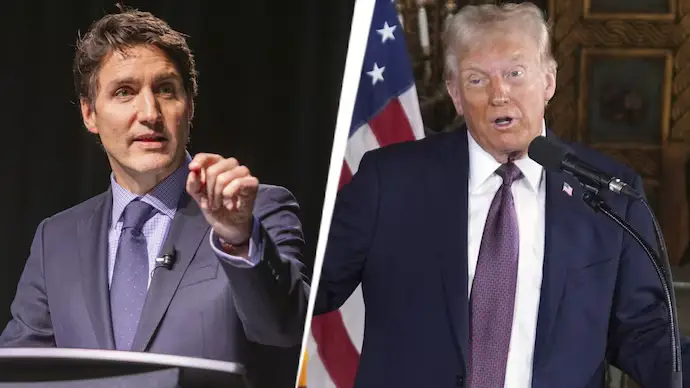
“We will not back down,” Trudeau said. “Canada will always stand up for its workers, businesses, and sovereignty.”
Why Trump’s Statement Matters
While Trump’s call for annexing Canada is unlikely to become a reality, his words have real consequences. His comments could:
- Increase Trade Tensions: Canada and the U.S. rely on each other for economic stability. Escalating disputes could hurt businesses and workers on both sides of the border.
- Impact Elections: Trump’s rhetoric may be aimed at energizing his political base, particularly voters who support strong nationalist policies.
- Strain Diplomatic Relations: Canada and the U.S. have historically been close allies. Trump’s proposal adds unnecessary friction to an already complex relationship.
The Bottom Line
Trump’s statement about Canada becoming the 51st state may grab headlines, but it has little chance of becoming reality. The trade war between the two nations, however, is a serious issue that could have long-term effects.




